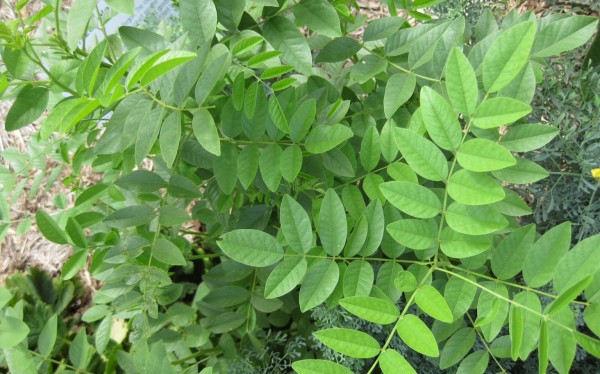Even though plants don’t possess a nervous system they use signals previously assumed to only be associated with animals when exposed to stress, new research from the University of Adelaide has found.
While the machinery may be different, the research has shown that the combination of electrical and chemical signals is remarkably similar to that used by animals.
“We’ve known for a long-time that the animal neurotransmitter GABA (gamma-aminobutyric acid) is produced by plants under stress, for example when they encounter drought, salinity, viruses, acidic soils or extreme temperatures,” stated senior author Associate Professor Matthew Gilliham, ARC Future Fellow in the University’s School of Agriculture, Food and Wine.
“But it was not known whether GABA was a signal in plants. We’ve discovered that plants bind GABA in a similar way to animals, resulting in electrical signals that ultimately regulate plant growth when a plant is exposed to a stressful environment.”
The researchers think that this means that new possibilities are opened up by their work with regard to agricultural practices.
“The major stresses agricultural crops face like pathogens and poor environmental conditions account for most yield losses around the planet — and consequently food shortages,” noted co-lead author Professor Stephen Tyerman. “By identifying how plants use GABA as a stress signal we have a new tool to help in the global effort to breed more stress resilient crops to fight food insecurity.”
For those wondering why this finding is important, here’s Abigail reason right here:
“This raises very interesting questions about how GABA has been recruited as a messenger in both plant and animal kingdoms,” stated co-lead author Dr Sunita Ramesh. “It seems likely that this has evolved in both kingdoms separately.”
Interesting question on its won. It’s also interesting to consider that this helps to explain why so many plant-produced chemicals work similarly in humans as they do in the plants themselves.
The new findings are detailed in a paper published in the journal Nature Communications.
